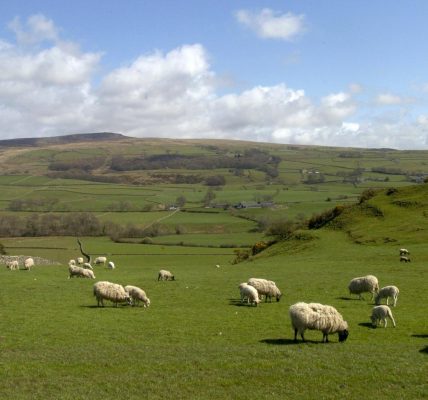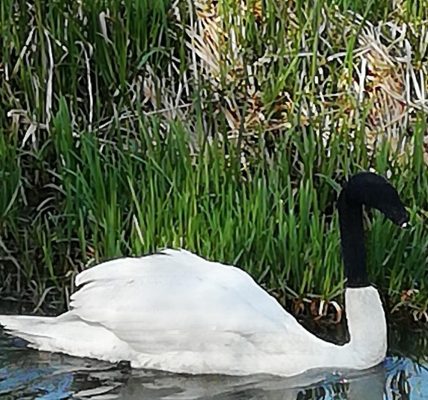Looking into the eyes of Atlantic Salmon may provide the natural clues needed to help stop their decline
Looking into the eyes of Atlantic Salmon may provide the natural clues needed to help stop their decline
Scientists are investigating a new method to try to understand why UK Atlantic salmon populations are in such drastic decline – by looking into their eyes.
The iconic Atlantic salmon are anadromous fish which means they begin their life in freshwater streams and rivers before migrating to the ocean to grow and mature.
Now researchers from the University of Essex are joining forces with the Missing Salmon Alliance, a group of conservation-focused organisations working together to save the Atlantic salmon, the University of Southampton and other river biologists from England, Scotland and Ireland to try to get a better understanding of how well the freshwater phase of their life cycle prepares them for the challenges they will face in the sea.
Project lead Dr Anna Sturrock, from the University of Essex’s School of Life Sciences, said: “This iconic fish has experienced unprecedented declines in recent years and because they spend part of their life in freshwater and part of their life in the ocean they are vulnerable to a wide range of stressors.”
Dr Sturrock said the team of researchers will be investigating tissues which grow throughout the fish’s lifetime – in this case the eye lenses and the ear stones (otoliths) for ‘natural tags’.
“There are a growing number of excellent studies exploring fish movements using electronic tags,” said Dr Sturrock.
“But I am excited to complement these by analysing natural tags in tissues that are constantly recording information about the environment the fish is growing in, such as its diet and the local water chemistry.”
By looking at the layers of the eye lenses and otoliths, the team will be able to “look back in time” to identify which freshwater and marine habitats were used by different populations.
This in turn will help managers trying to protect critical habitats, to improve salmon growth, health and survival.
Dr Sturrock said she hopes the project will give a better insight into the critical habitats supporting the salmon and to understand the factors driving their growth and migration behaviour.
Dr Colin Bull, of the Missing Salmon Alliance, said they were “delighted” to be working with the group of scientists and supporting new work in this area.
He added: “With wild Atlantic salmon stocks in such a mess we need novel research like this to seek answers and provide essential guidance on how to maximise the survival chances of this species.”










